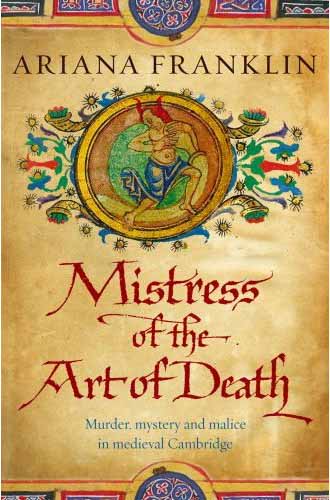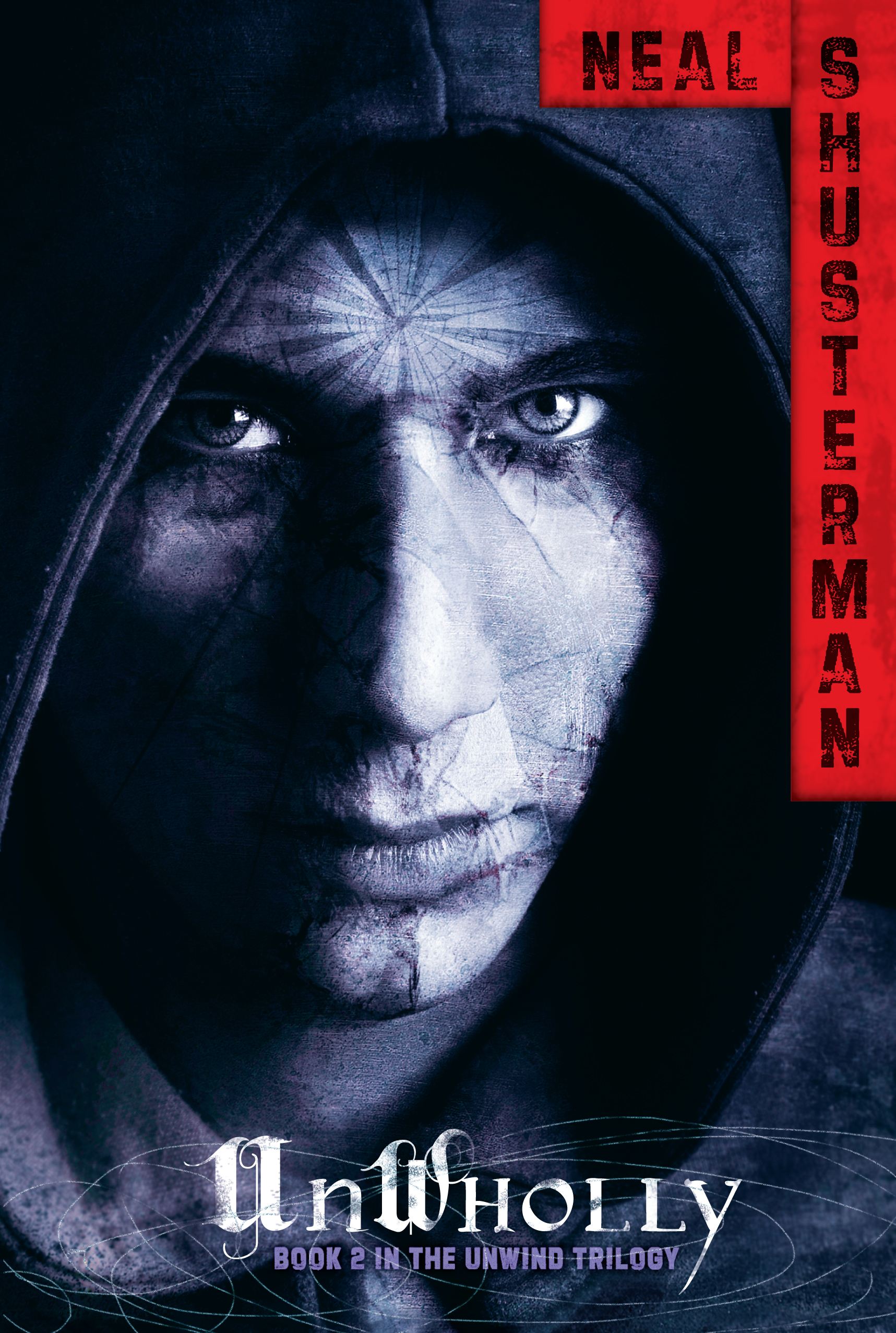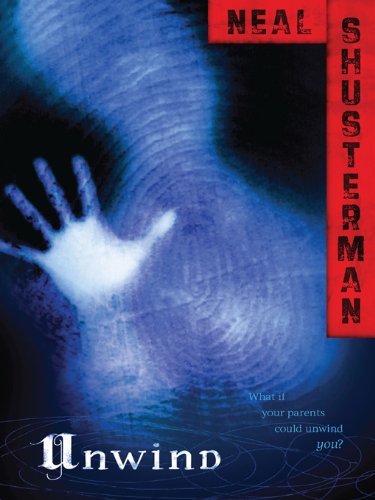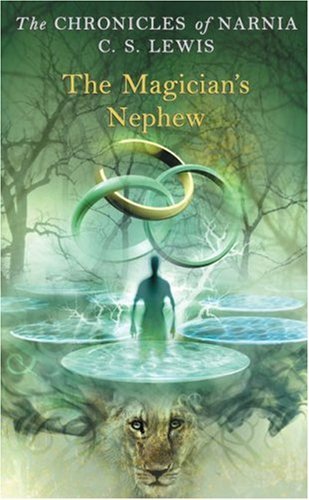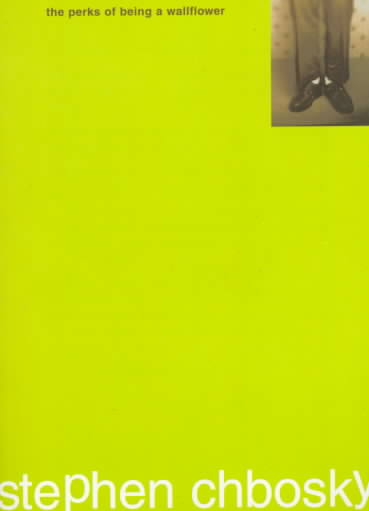
Ever since her engagement, the strangest thing has been happening to Marian McAlpin: she can't eat. First meat. Then eggs, vegetables, cake, pumpkin seeds--everything! Worse yet, she has the crazy feeling that she's being eaten. Marian ought to feel consumed with passion. But really she just feels...consumed. A brilliant and powerful work rich in irony and metaphor, The Edible Woman is an unforgettable masterpiece by a true master of contemporary literary fiction.
My take: 2 looks
What a weird book. First of all, it's set in the 60s, when women were still viewed as ornaments and feminism was just taking hold. Everyone smoked, women wore dresses and girdles, and mothers did NOT work.
That in itself is enough to drive me to want to b-slap a character, but the main character in the book, Marian, as well as Duncan (a main male character), are so full of neuroses that it borders on the stupid.
And I don't use the word "stupid" lightly. To say that it borders on becoming a caricature gives the characters too much credit. To say that it borders on the insane gives them too much depth. To say that is is a distraction makes the book sound like it would be good otherwise. Yes, I think "stupid" is the correct word here. It's unbelievable, overly-manufactured, and idiotic.
When Marian thinks she can feel a carrot wriggle in her hands, and feels a thousand lungs exploding as she bites into a piece of cake ... it's time for therapy. No amount of irony and metaphor can account for a woman giving up eating because her fiance is trying to consume her. While an interesting premise, the fiance in question never asked more of Marian than to purchase a dress that was less "mousy" and have her hair done for a dinner party. He didn't try to take her from her friends, didn't monopolize her time, didn't whine when she had to cancel dinner plans. I'm am not sure in what way he was trying to destroy her. Stupid.
And she hooks up with Duncan, a narcissistic and yet self-loathing English major with a penchant for cigarettes, sitting in the snow and not bathing. What her attraction is, I am not sure, unless it is that she feels that he needs to be saved, which he suggests at the end of the book. She leaves her own engagement party to seek him out and have sex in a seedy motel, leaving me completely unsympathetic to either of them. They deserved one another, in my opinion.
Metaphorically, Marian baking the cake and having Duncan consume it in the end worked, but by then it was too late. I was past metaphor and looking forward to reaching the last page.
The writing style was intriguing in that Marian went from first person to third person and back to first person. I thought that was interesting, but didn't work for me as a device to show that she was losing herself and then regained herself. that was apparent in the story itself. Again, I felt it was a sophomoric and obvious tool.
Not in any way recommended.
My take: 2 looks
What a weird book. First of all, it's set in the 60s, when women were still viewed as ornaments and feminism was just taking hold. Everyone smoked, women wore dresses and girdles, and mothers did NOT work.
That in itself is enough to drive me to want to b-slap a character, but the main character in the book, Marian, as well as Duncan (a main male character), are so full of neuroses that it borders on the stupid.
And I don't use the word "stupid" lightly. To say that it borders on becoming a caricature gives the characters too much credit. To say that it borders on the insane gives them too much depth. To say that is is a distraction makes the book sound like it would be good otherwise. Yes, I think "stupid" is the correct word here. It's unbelievable, overly-manufactured, and idiotic.
When Marian thinks she can feel a carrot wriggle in her hands, and feels a thousand lungs exploding as she bites into a piece of cake ... it's time for therapy. No amount of irony and metaphor can account for a woman giving up eating because her fiance is trying to consume her. While an interesting premise, the fiance in question never asked more of Marian than to purchase a dress that was less "mousy" and have her hair done for a dinner party. He didn't try to take her from her friends, didn't monopolize her time, didn't whine when she had to cancel dinner plans. I'm am not sure in what way he was trying to destroy her. Stupid.
And she hooks up with Duncan, a narcissistic and yet self-loathing English major with a penchant for cigarettes, sitting in the snow and not bathing. What her attraction is, I am not sure, unless it is that she feels that he needs to be saved, which he suggests at the end of the book. She leaves her own engagement party to seek him out and have sex in a seedy motel, leaving me completely unsympathetic to either of them. They deserved one another, in my opinion.
Metaphorically, Marian baking the cake and having Duncan consume it in the end worked, but by then it was too late. I was past metaphor and looking forward to reaching the last page.
The writing style was intriguing in that Marian went from first person to third person and back to first person. I thought that was interesting, but didn't work for me as a device to show that she was losing herself and then regained herself. that was apparent in the story itself. Again, I felt it was a sophomoric and obvious tool.
Not in any way recommended.
